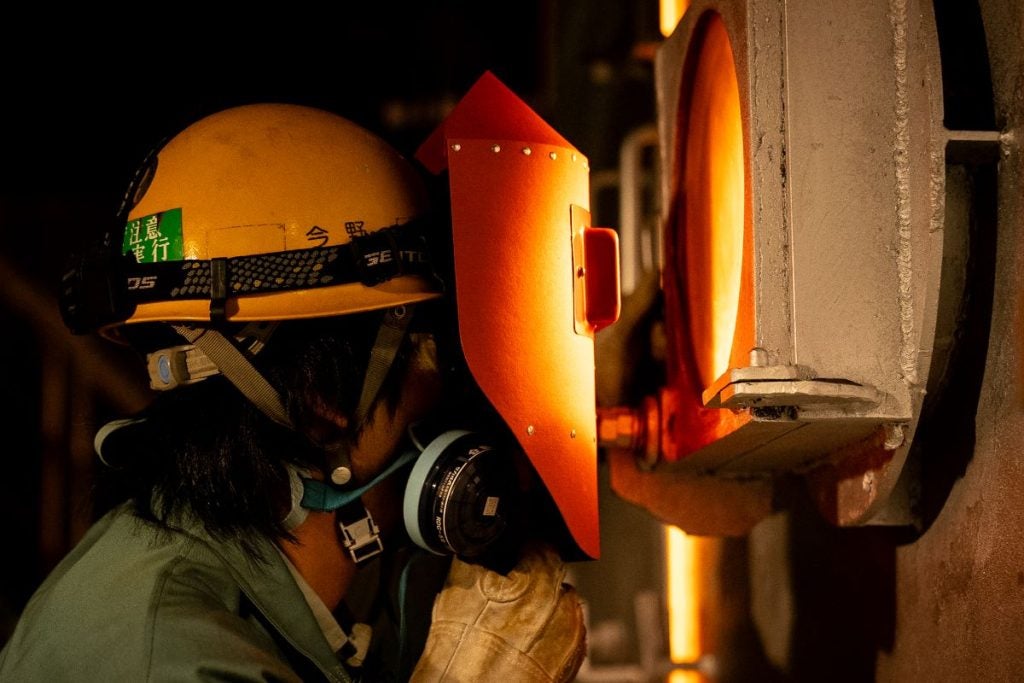Canada’s The Metals Company (TMC) has announced the successful production of high-temperature material (calcine) during the initial stage of a large-scale operation at PAMCO's rotary kiln electric-arc furnace facility in Hachinohe, Japan.
TMC’s head of onshore development, Jeffrey Donald, said: “After years of carefully planned development, bench-scale tests, engineering studies and pilot demonstrations, it’s very exciting to see the world’s first commercial-scale processing of our nodules.”
A 2,000-tonne sample of deep-seafloor polymetallic nodules underwent heating to eliminate moisture and begin transforming minerals into their metallic forms at the facility.
Approximately 1200 tonnes of nodules were processed into 500 tonnes of calcine using PAMCO's 131m commercial kiln. The calcine will cool before being transferred to PAMCO's demonstration smelting facility. The next trial phase includes commencing commercial-scale smelting of the calcine into high-grade alloys.
The information and practical knowledge obtained during the processing trial will shape the anticipated processing agreements between the parties.
In November 2023, TMC signed a Memorandum of Understanding with PAMCO to conduct a feasibility study to convert 1.3 million tonnes of wet polymetallic nodules annually into high-quality nickel-copper-cobalt alloy and manganese silicate. These materials are raw materials for manufacturing lithium-ion batteries, electrical infrastructure, and steel.
PAMCO’s senior executive officer in charge of the project, Chitaru Okamura, said that the “trial production of calcined nodules for the first smelting trial using [PAMCO’s] commercial scale kiln…marks an important milestone in commercial nodule processing into battery metals, representing the world's first trial."
In June 2024, in the pilot-scale processing of nodules by TMC, a Swiss testing provider, SGS and TMC generated the first cobalt sulphate in the world from deep-sea polymetallic nodules.
The testing programme generated cobalt sulphate using TMC's flowsheet design, which converts high-grade nickel-copper-cobalt matte into high-purity cobalt sulphate used to create fertiliser products rather than solid waste or tailings.









